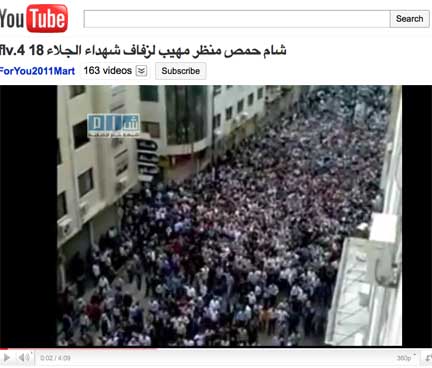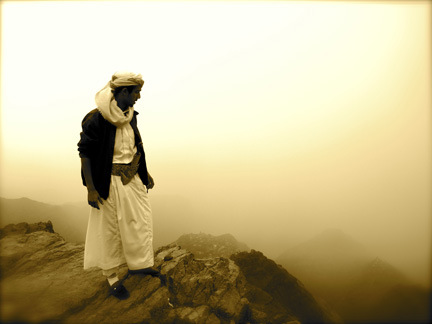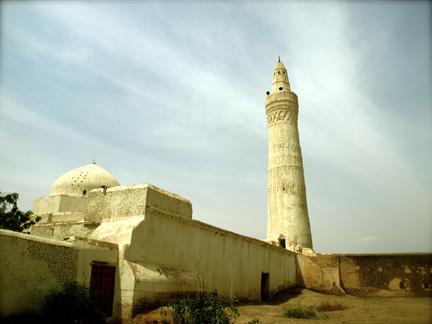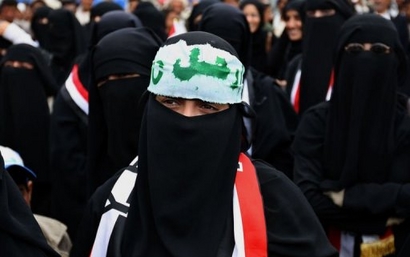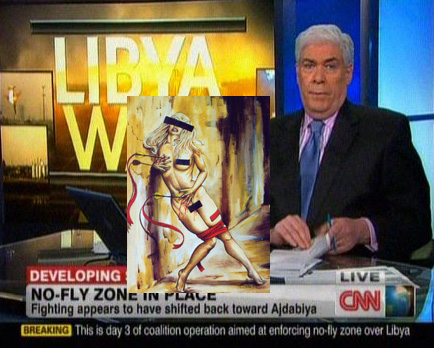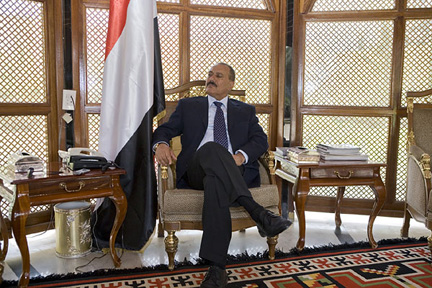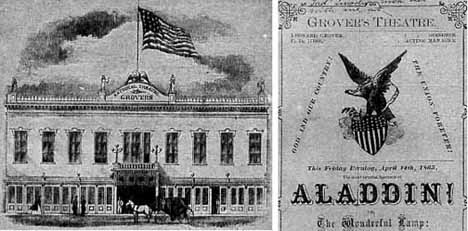
A memorial conference entitled “Cultural Heritage Now – The Legacy of Donny George Youkhanna” will be held Wednesday, April 27, 2011 from 4:30 – 6:30 at the Rutgers Student Center in New Brunswick , New Jersey. Details below.
Cultural Heritage Now:
Iraq and Beyond
The Legacy of Donny George Youkhanna
Wednesday, April 27, 2011
4:30-6:30
Rutgers Student Center
Rutgers, The State University of New Jersey
126 College Ave
New Brunswick, NJ 08901
The event is open to the public, but pre-registration is required. Those wishing to contribute remarks must indicate this at the time of registration.
Presentations by:
John Russell
“Preserving Iraq’s Pastâ€
John Malcolm Russell teaches the art and archaeology of the ancient Middle East and Egypt at the Massachusetts College of Art and Design in Boston, Massachusetts. He is the author of numerous articles and four books on ancient Assyria, one of which, The Final Sack of Nineveh (Yale), investigates the destruction of Sennacherib’s palace in Iraq by looters in the 1990’ s. Professor Russell has conducted archaeological excavations at Nineveh, Iraq, and Tell Ahmar, Syria. In 2003-2004 he served with the Coalition Provisional Authority as an advisor to the Iraqi Ministry of Culture in Baghdad, Iraq, where he focused on renovating the Iraq Museum and protecting archaeological sites. Continue reading The Legacy of Donny George Youkhanna
